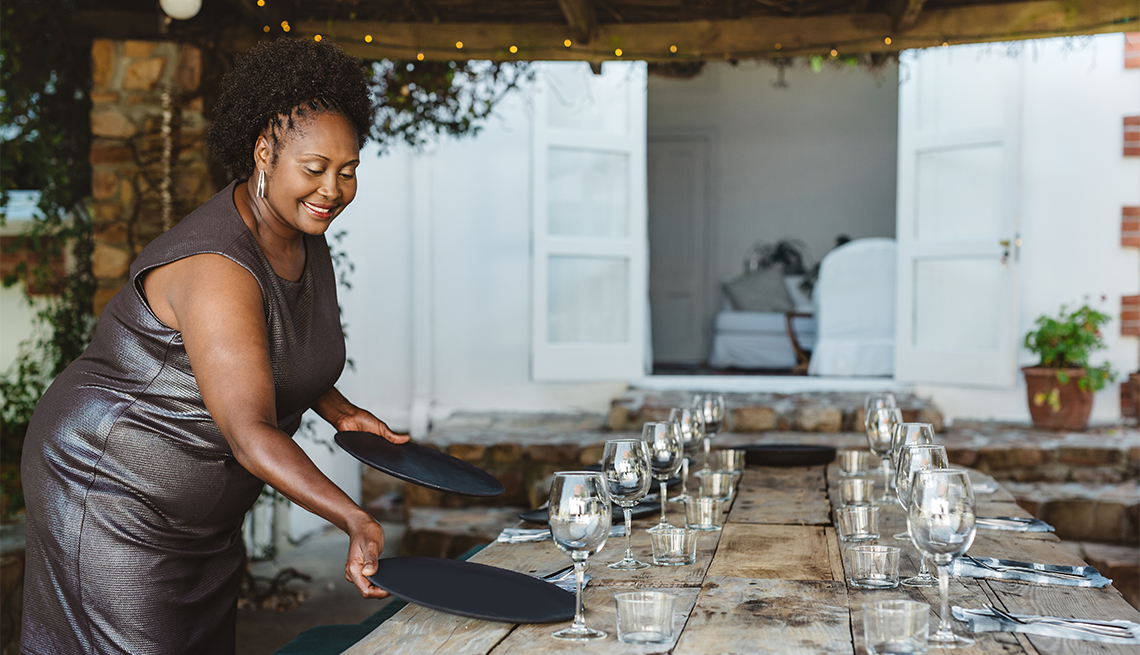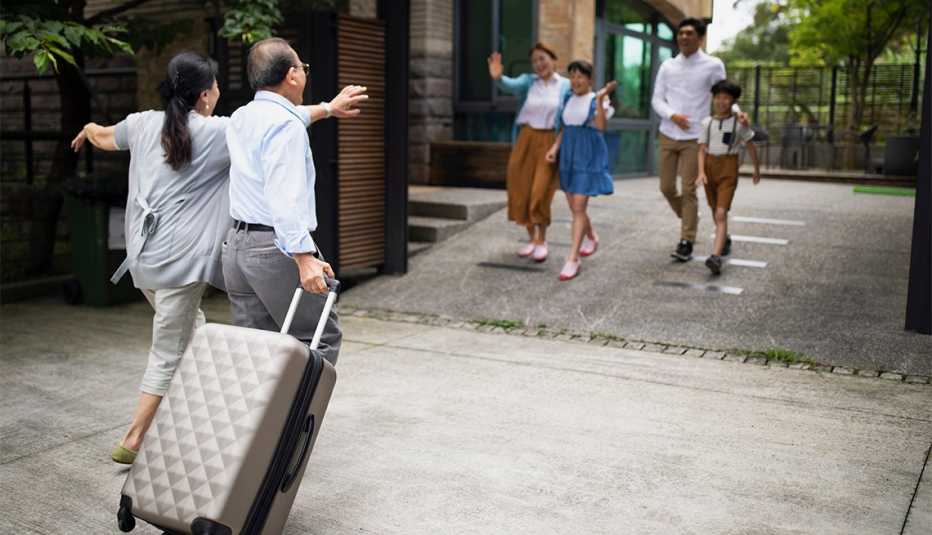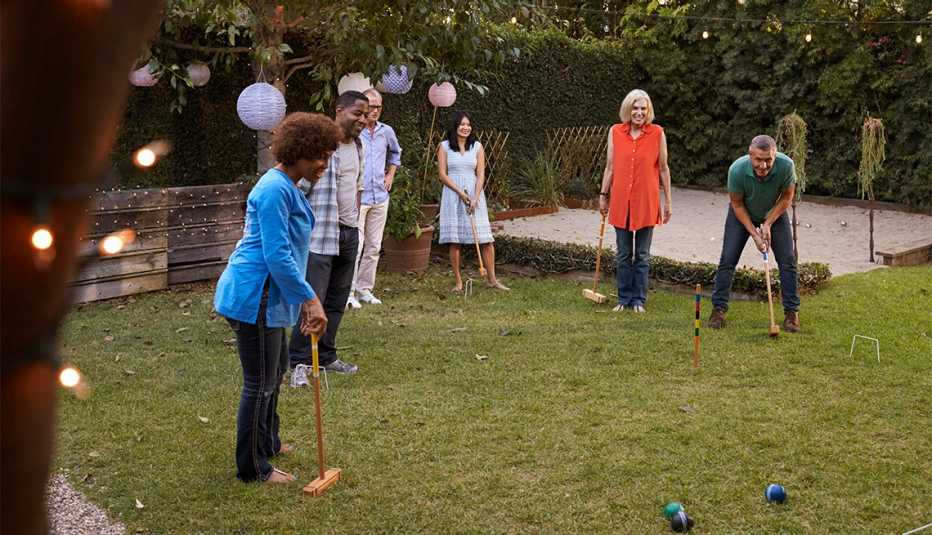Staying Fit
| After almost 18 months of pandemic social distancing, your hosting skills may be a bit rusty. Where are those platters you always used when friends came for dinner? Can you remember that tried-and-true recipe for a crowd? Are there some changes that may need to be made in light of the fact that the COVID-19 delta variant is still simmering?
While entertaining may be on the calendar for some people, hosting a party or just inviting a few friends for dinner has taken on new meaning and requires a new approach, says Priya Parker, a facilitator, strategic adviser and mediator who wrote The Art of Gathering: How We Meet and Why It Matters. Parker describes this as a significant and tricky moment of “reentry” when it comes to socializing.


AARP Membership— $12 for your first year when you sign up for Automatic Renewal
Get instant access to members-only products and hundreds of discounts, a free second membership, and a subscription to AARP the Magazine.
“We have different tolerance levels. We have different vaccine levels,” she says. “And I think as a host, part of it is to understand that your guests may not have the same comfort levels that you do.”
A mix of joy and caution
Virginia Willis, 54, is a professional chef, cooking instructor and cookbook writer, but even she was hesitant to dive into summer entertaining.
For her first dinner party she invited four people to her home in Atlanta. Although she and her guests were vaccinated against COVID-19 and had seen each other individually during the pandemic, they hadn't been together as a group in more than a year.
“It was really exciting,” says Willis, the author of Secrets of the Southern Table: A Food Lover's Tour of the Global South. “When I have people come over, 99 percent of the time I do all the cooking. But I had one of my friends [ask], ‘I have not been to a dinner party in so long, can I please bring something?’ She was so excited about the opportunity to make and take."
But while Willis was happy to be hosting again, she did make some accommodations in a nod to the pandemic. For example, she individually plated her friend's asparagus salad rather than have guests serve themselves from a common platter.
“I think people are going to be funny about touching other people's stuff for a while,” she says.



































































